Refugees and immigrants often face many obstacles. Torn apart from the only home they have ever known, they must start over.
“My America:Immigrant and Refugee Writers Today” is an online exhibit that started November of 2019 and runs to early 2022 at the American Writers Museum. This museum allows refugees and immigrants to express themselves through art and share their stories.
Visitors and students are given a chance to have personal experience with authors from all over the world through videos in this online experience.
“You get a hands-on learning experience you will never forget,” said Aria Fleming, a 24-year-old from Tennessee. Fleming posted about her experience in-person and online via Facebook. “The museum is both interesting and interactive. Perfect for all ages, young to older.”
The exhibit includes different themes to explore such as “Journeys,” “Home,” “Language,”and “Why Writing?” It brings a select set of materials to a wider audience as it is designed to discuss a wide variety of issues. Packed with information, activities and video contents, the virtual exhibit includes educational resources for teachers, students and parents. Virtual field trips are also available.
The American Writers Museum opened in 2017 and is the only museum devoted to American writers and their work. The museum connects visitors’ writing from more than five centuries, while inspiring new work from poetry to drama, fiction, journalism, speeches and lyrics.
While research has suggested writing about trauma is beneficial, studies have shown that being a refugee can be traumatizing for some resulting in mental disorders. The causes being frequently exposed to different forms of violence, loss and/or murder of a family member, and torture.
Immigrants can also lose their sense of familiarity and identity.
“In addition, immigrants coming from war-torn countries have often faced violence, rape, or the loss of family members,” Dr. Farha Abbasi, an assistant professor in the Department of Psychiatry at Michigan State University, posted in an article in Mental Health Reform.
Matthew Spangler, a professor, playwright and director at San José State University in the San Francisco Bay Area, dedicates his work in directing his research on immigrants.
“I started studying theatre and immigration when I was an undergraduate at Northwestern University. This interest continued while I was a graduate student in Ireland and later when I did get my PH.D,” Spangler said.
“A good place to study immigration is in Santa Clara County where I live. Forty percent of the people here were born outside,” he said.
Helping ease the journey for immigrants to help them transition, Spangler had some suggestions.
“Increasing public funding for social programs that non–immigrants also could benefit from, as well as public and private funding or groups that help immigration settle in their host countries,” Spangler said.
“It’s very courageous and brave, sometimes it’s even dangerous too,” Fleming said. “This country was built on the hard work and inspiring dreams of immigrants and refugees. I believe that every person should be welcomed and given a chance.”
Authors that are featured in the exhibit dive into questions about community, family, writing influences, being multilingual, and what it means to be American.
“Not only did writing these stories bring me pleasure, but I also believed then and still believe deeply now that stories are also fundamental to how we see ourselves as people, as citizens, as Americans,” said Viet Thanh Nguyen, who is featured in “Why Writing?,” one of the videos associated with the exhibit.
Ilan Stavans, the curator of this exhibit, said, “There is no America without outsiders. Call us pilgrims, slaves, refugees, exiles, immigrants, even tourists-we all, directly or indirectly, come from somewhere else.” He added, “As a nation, the glue tying us together is the shared sense of destiny we nurture and the conviction that somehow this place is different, unlike any other, even exceptional, and that here we may finally breathe free.”

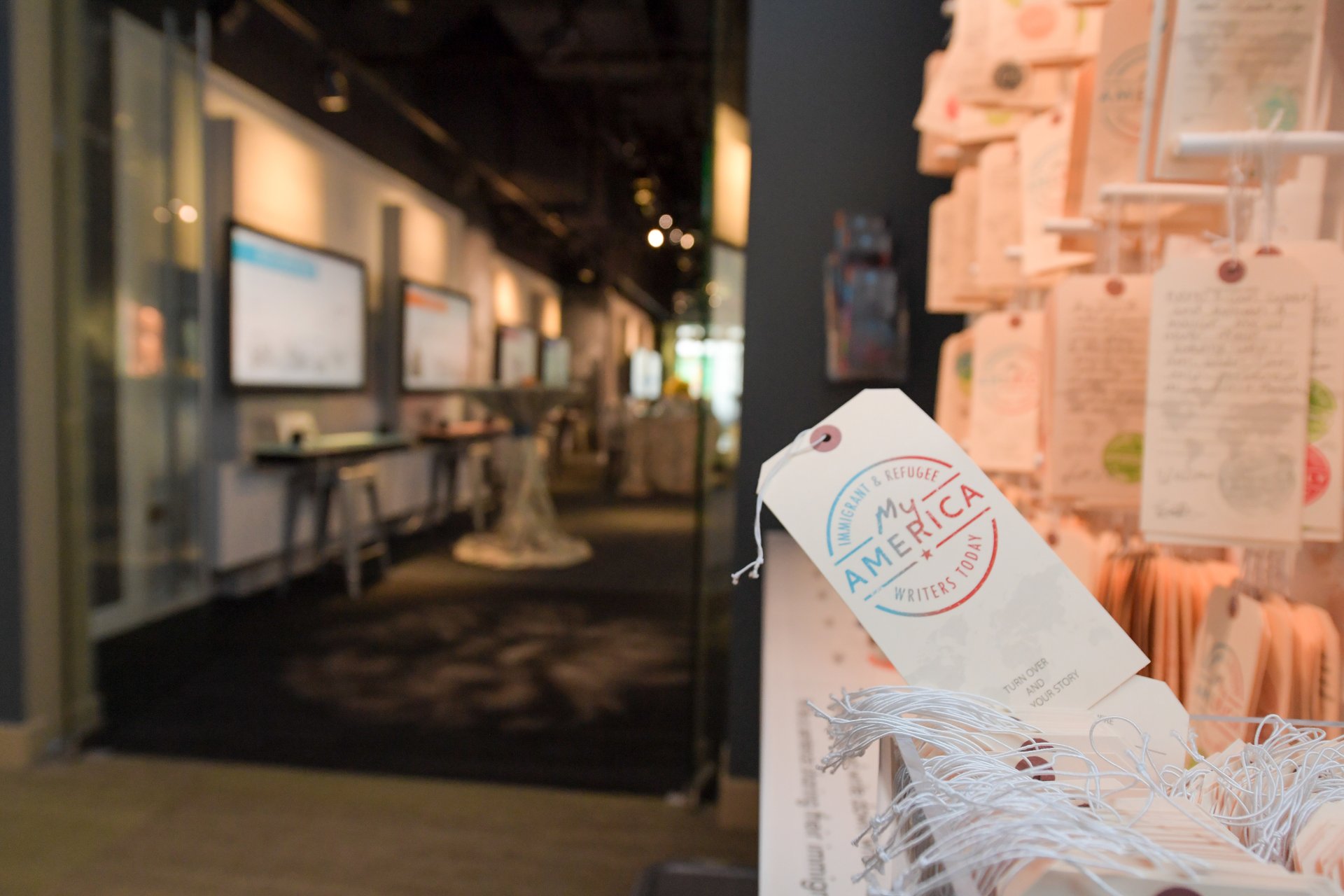
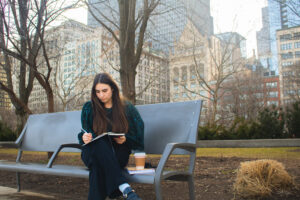
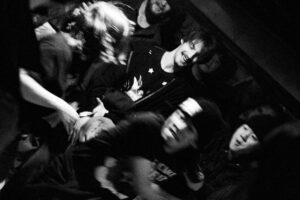
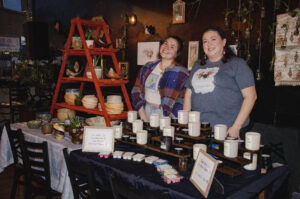
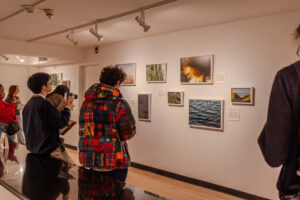
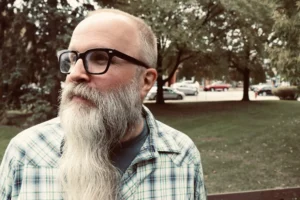
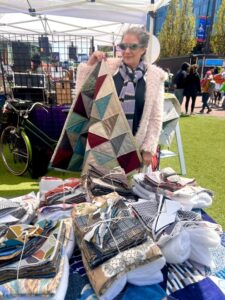
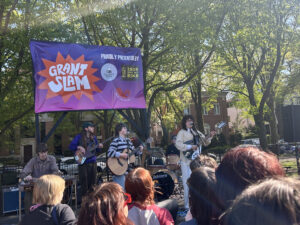
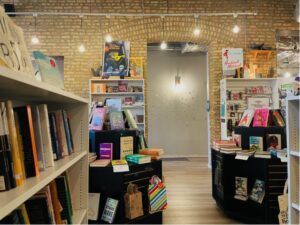

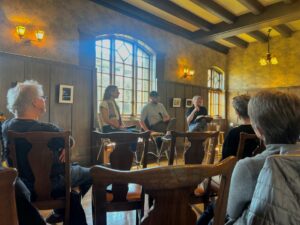


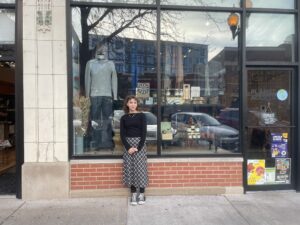


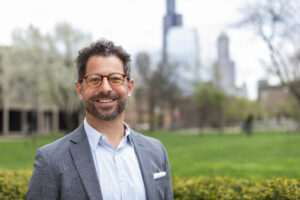

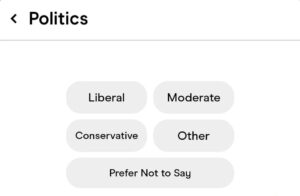
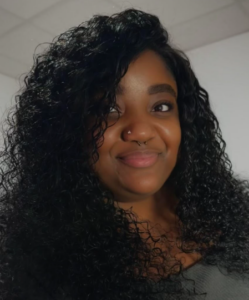
Be First to Comment